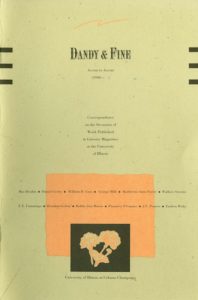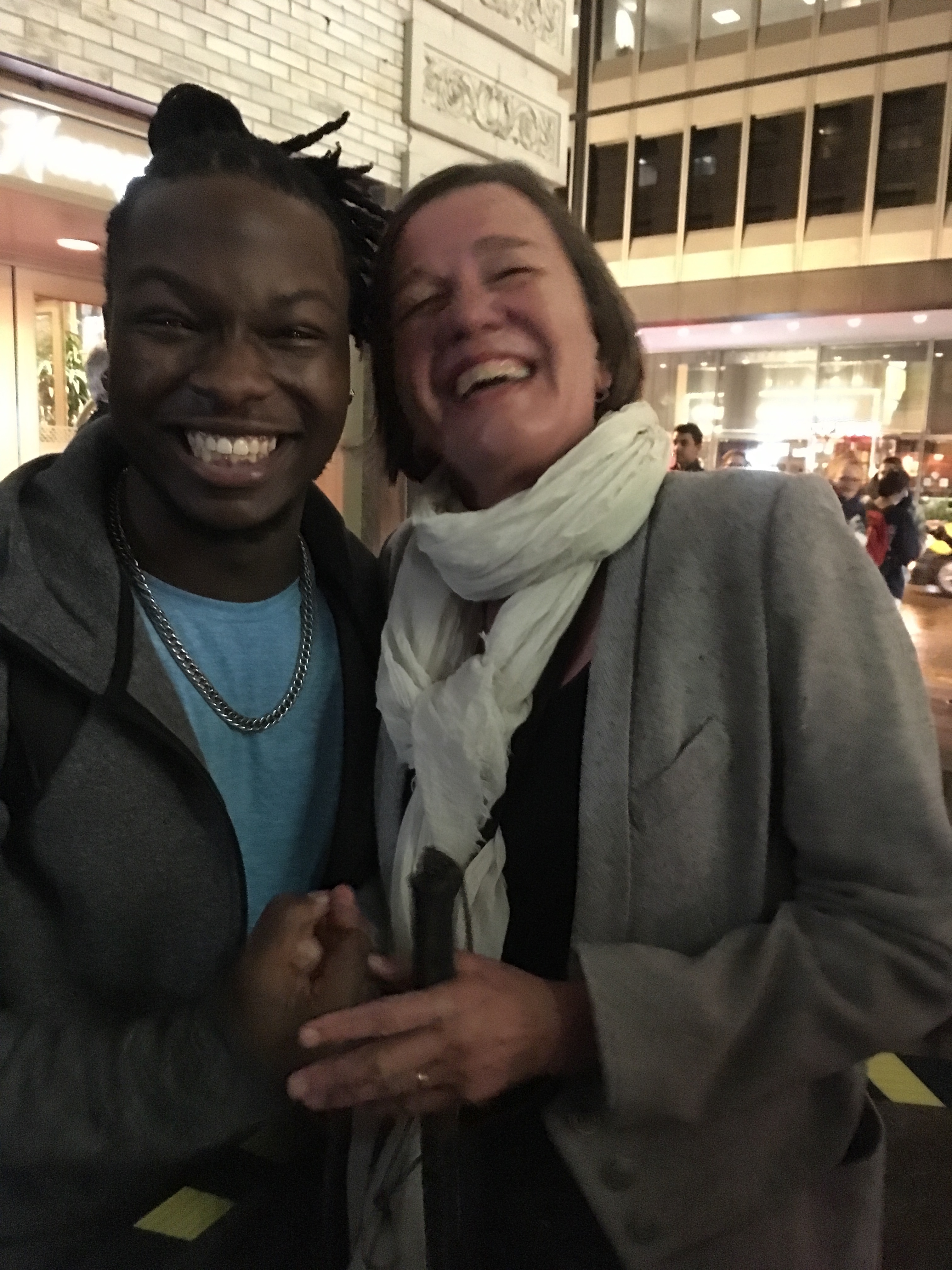Monday’s with Mike: Hospital etiquette
March 27, 2017 • 3 Comments • Posted in Mike Knezovich, Mondays with MikeA very near and dear friend of ours was off the radar last week for a few days. Which isn’t terribly unusual, but we live in the same little neighborhood, and we usually do run into each other by accident at least once a week.
We came to learn that he’d been in the hospital for four nights after a scary episode that was successfully treated. He’s back in circulation.
He’d intentionally not informed anyone except a friend in a faraway place—which was entirely his prerogative.
Still, we—and his many other dear friends who hadn’t known—were kind of miffed to learn about it after the fact. (And we kind of piled on him, poor guy.)

Some people like visitors, others not so much.
Which on one hand doesn’t make a lot of sense. I mean, the only thing that really matters is that our friend is fine. None of us could’ve done much of anything but worry. Or visit, which our friend didn’t want. I didn’t’ used to understand why you wouldn’t want visitors while in the hospital, but Beth has taught me that not everyone wants to have company when they’re not at their best. And besides, it’s hardly like you’re alone—you’re visited and pricked and prodded and measured pretty regularly.
Still. I remember when my parents were still around. They only grudgingly reported on one another’s maladies. Anything short of crisis was kept mum. And they’d come clean only when they absolutely had to. You know, like, “I hate to bother you, but your father’s had a major heart attack.” Nothing to see here!
And even Beth, who doesn’t like visitors when she’s been in the hospital, wrote in Long Time, No See about the power of not feeling alone. She wrote about a sensation she had while in the hospital shortly after our son Gus was born—he arrived in deep distress, and his very survival was in question at the time:
I felt somehow that a lot of people were thinking of us, all at the same time. I don’t know what the trendy word is for it now, but back then it was “vibes,” and they were good and strong.
This interlude was interrupted by Dr. Ionnides’ return to my bedside. “We’re not sure how it happened,” he explained, “but the baby’s condition has reversed itself.”
For me, I guess it’s always been sort of simple, if not necessarily defensible: If I care about you, I’d always rather know than not know. I might not be able to do anything, but it gives me a sense of being in it with you. And while I’m not all new age or religious about this stuff, that just may count for something.
So, to my friends reading this: if you land in the hospital with a health scare, you damn well better let me know.




